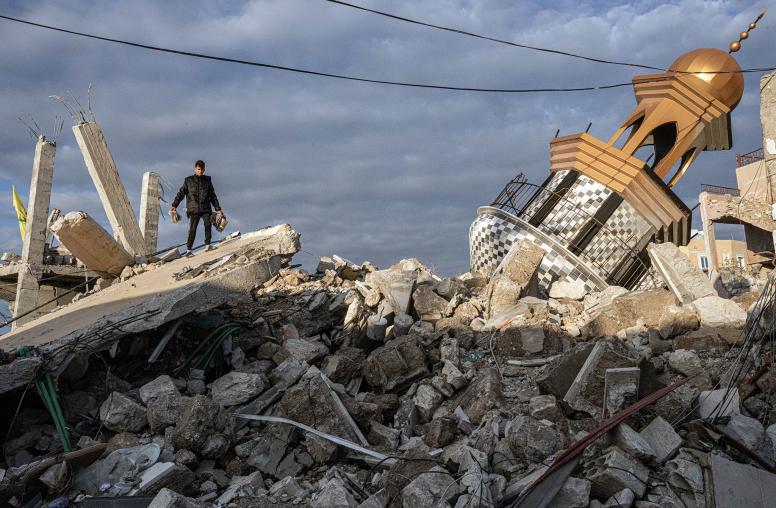Peace Agreements: Lebanon-Syria
Peace Agreements Digital Collection
Syria Accountability and Lebanese Sovereignty Restoration Act of 2003
(12-12-2003)
Posted by USIP Library on: February 12, 2007
Source Name: Public Law 108-175--Dec. 12, 2003; 117 Stat. 2482; 22 USC 2151
Source Database and URL: GPO Access; http://www.gpoaccess.gov
Date downloaded: August 30, 2006
United Nations Security Council Resolution 1680 (2006)
(05-17-2006)
Posted by USIP Library on: February 15, 2007
Source Name: United Nations Security Council S/RES/1680 (2006)
Source Database: Official Document System of the United Nations (ODS)
Source URL: documents.un.org
Date downloaded: August 23, 2006



